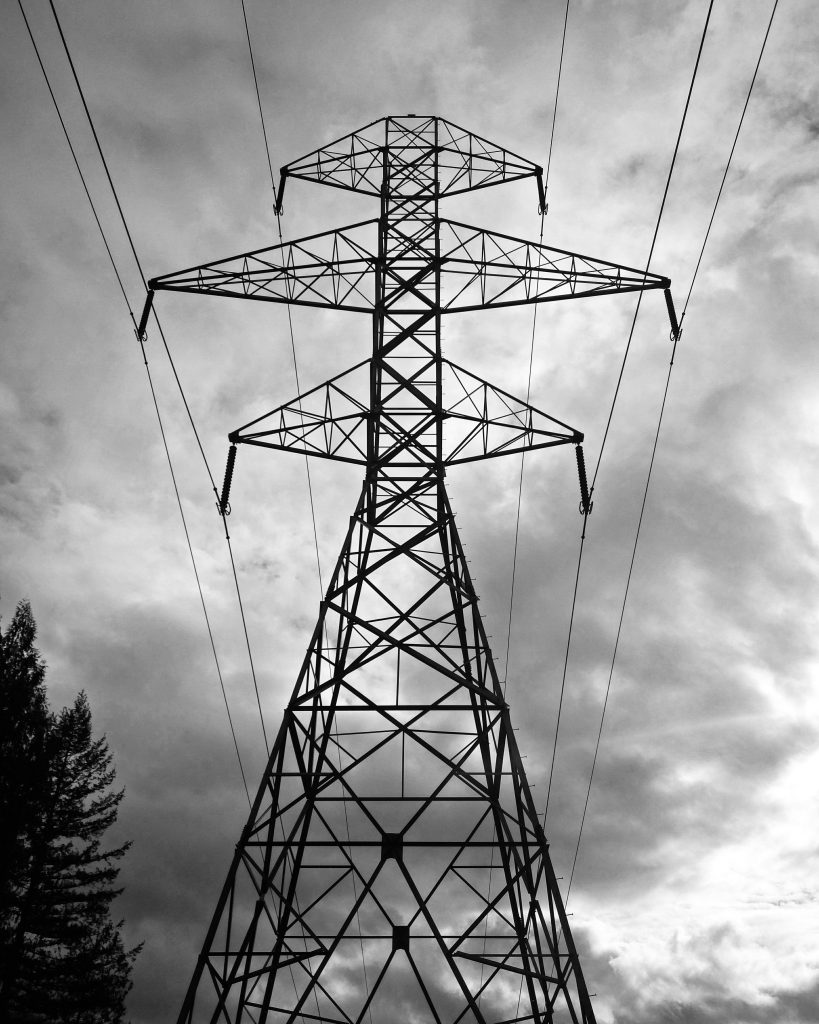Beyond Business: Indigenous Rights and the Keystone XL Pipeline
BEYOND BUSINESS: INDIGENOUS RIGHTS AND THE KEYSTONE XL PIPELINE
By: Liliana Elliott *
Since its inception in 2008, the Keystone Pipeline has been fraught with controversy. For some Indigenous peoples, environmental activists, and farmers the construction of the pipeline was a call for action. While for others, the pipeline was an exciting step towards economic growth and energy advancement. TC Canada and ConocoPhillips own Keystone XL, an expansion of the Keystone pipeline, which was created to transport 83,000 barrels of crude oil from Canada to Nebraska and eventually to the U.S. Gulf Coast.[1]
Twice, President Obama rejected the pipeline.[2] With the 2015 rejection of the pipeline’s permit many thought the pipeline no longer posed a threat.[3] However, President Trump’s administration’s goals were more fossil-fuel focused. On the fourth day of his presidency, President Trump signed an executive order approving the construction of Keystone XL. Two months later, on March 28th, 2017, the Trump Administration approved a cross-border permit for construction of the pipeline.[4] The legality of this permit was challenged, arguing the permit was based upon an incomplete environmental review.[5] The District Court found the permit invalid.[6] President Trump circumvented this barrier by issuing the permit for the pipeline’s construction via an executive order in 2019.[7] The pipeline continued to be protested and led to TC Canada announcing its intent to use union labor and renewable energy during construction in the hopes of saving the permit as the new administration’s first day was fast approaching.[8]
Similar to his predecessor, within the first week of his presidency, President Biden signed an executive order reversing President Trump’s approval of the pipeline’s permit, thus effectively prohibiting all further construction and operation of the pipeline.[9] In recent days, the controversy over the pipeline has resurfaced and become a discussion of environmental rights versus business and economic development.[10] The debate has fallen down partisan lines and led to claims of the Biden administration’s alleged disregard for jobs in the fossil-fuel industry.
Yet, what is lacking in the conversation in mainstream media is the overarching theme of Indigenous rights. Keystone XL threatens Indigenous sacred sites and burial sites.[11] The potential for future oil spills or mishandled construction risks the water quality on reservations in Montana and Nebraska.[12] Angeline Cheek, a Hunkpapa Lakota and Oglala Sioux activist and community organizer living on the Fort Peck Reservation in Montana, explained: “[w]ater is the last resource we have for our people. Being Lakota or Dakota – part of the Sioux Nation – I think that it’s our job to protect it.”[13]
As tribes struggle with the duality of economic development – often found in mining on tribally owned land – and the need to protect valuable environmental resources, tribal nations are often overlooked as protentional locations for business development outside of resource exactment. Yet, what aligns almost every tribal nation in the U.S. is the necessity to protect their homelands, secure their sovereignty, and use that sovereignty to protect what is lawfully theirs. Indigenous rights should play a significant role in discussions of environmentalism, business, and economic growth. Thus, what is lacking in the recent discussion of Keystone XL is the realization that this is not purely a business decision, but rather a matter of human rights.
*J.D. Candidate, Indian Legal Program, Class of 2022, Arizona State University Sandra Day O’Connor College of Law.
[1] Vipal Monga, What is the Keystone XL Pipeline and Why did President Biden issue and Executive Order to Block it?, Wall St. J. ( Jan. 21, 2021), https://www.wsj.com/articles/what-is-the-keystone-xl-pipeline-and-why-did-president-biden-issue-an-executive-order-to-block-it-11611240342.
[2] Coral Davenport, Citing Climate Change, Obama Rejects Construction of Keystone XL Pipeline, N.Y. Times (Nov. 6, 2015), https://www.nytimes.com/2015/11/07/us/obama-expected-to-reject-construction-of-keystone-xl-oil-pipeline.html.
[3] This law review article was written in 2016 and the author understood the pipeline to no longer be a threat after TC failed to obtain Presidential approval of the construction. See, Cindy S. Woods, The Great Sioux Nation v. the “Black Snake”: Native American Rights and the Keystone Xl Pipeline, 22 Buff. Hum. Rts. L. Rev. 67, 67 (2016).
[4] Elise Labott & Jeremy Diamond, Trump Administration Approves Keystone XL Pipeline, CNN (March 24, 2017), https://www.cnn.com/2017/03/23/politics/keystone-xl-pipeline-trump-approve/index.html.
[5] Northern Plans Resource Council, et al., Plaintiffs, v. Thomas A.Shannon, Jr., in his official capacity as Under Secretary for Political Affairs, et al., Federal Defendants, and Transcanada Corporation, et al., Intervenor-Defendants., 2017 WL 4484544 (D.Mont.).
[6] Id.
[7] Monga, supra note 1.
[8] Timothy Puko, Keystone XL Oil Project Pledges Zero Carbon Emissions, Wall St. J. (Jan. 17, 2021), https://www.wsj.com/articles/keystone-xl-oil-project-pledges-zero-carbon emissions11610930642?mod=article_inline.
[9] Joseph R. Biden, Executive Order on Protecting Public Health and the Environmental and Restoring Science to Tackle Climate Crisis, The White House (Jan. 20, 2021,) https://www.whitehouse.gov/briefing-room/presidential-actions/2021/01/20/executive-order-protecting-public-health-and-environment-and-restoring-science-to-tackle-climate-crisis/.
[10] Holly Honderich, Keystone XL: Why I fought for – or against – the pipeline, BBC News (Jan. 27, 2020), https://www.bbc.com/news/world-us-canada-55816229.
[11] Indianz, Keystone XL Pipeline advances despite incomplete surveys of tribal sites, Indianz.com (July 31, 2018), https://www.indianz.com/News/2018/07/31/keystone-xl-pipeline-advances-despite-in.asp.
[12] Nora Mabie, Montana tribal members, fearing water contamination, relieved as Keystone XL pipeline blocked, USA Today (Jan. 21, 2021), https://www.usatoday.com/story/news/nation/2021/01/21/montana-tribes-react-president-biden-blocks-keystone-xl-pipeline/6659608002/.
[13] Honderich, supra note 10.
Related Posts

Buying Surveillance: How Private Data Powers Immigration Enforcement

The Cost of Perfection: How the CLARITY Act’s Collapse Keeps Crypto Business Offshore
